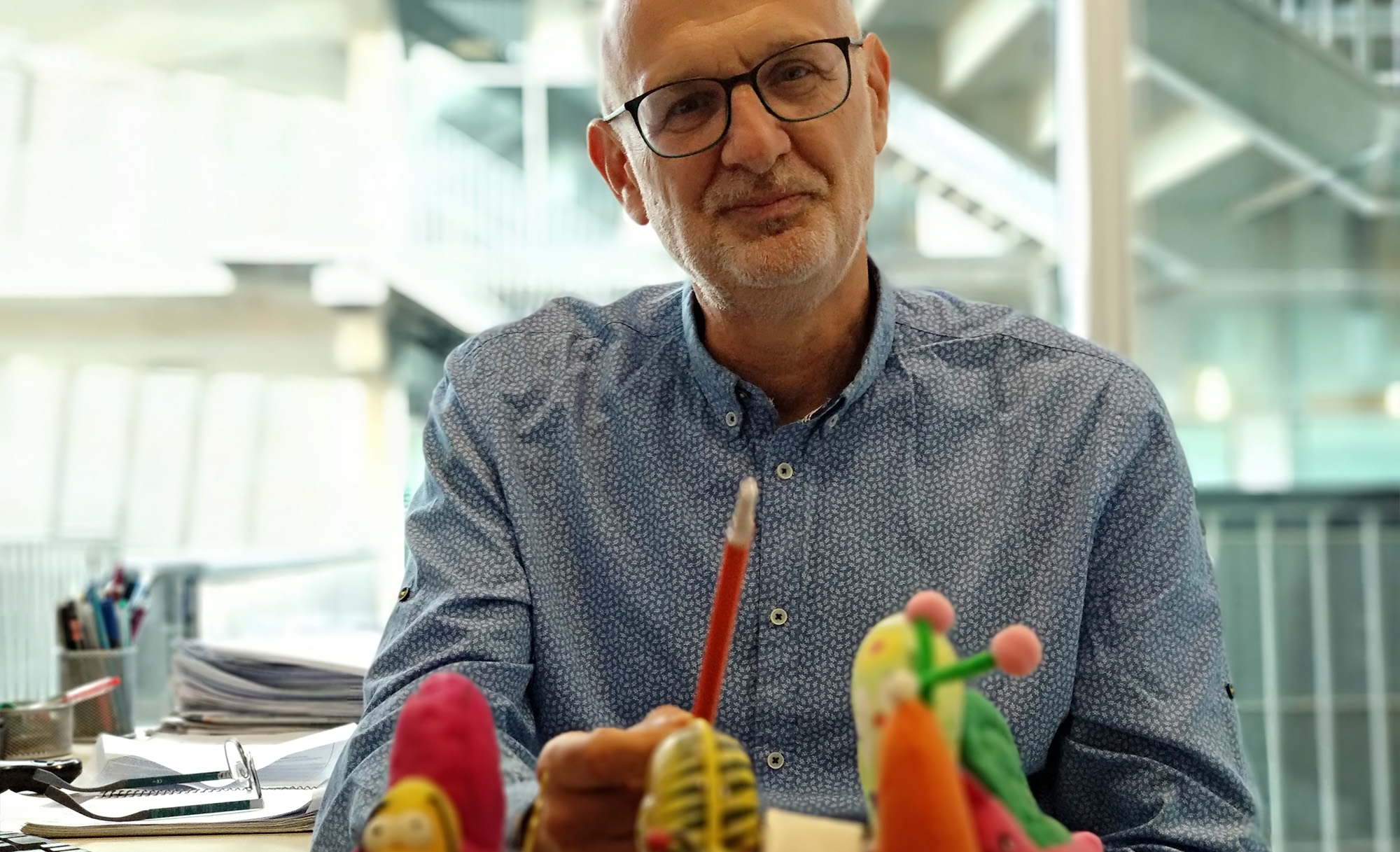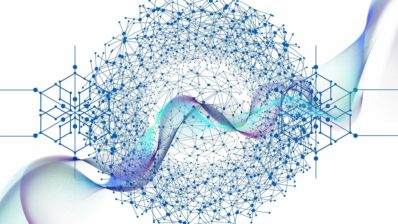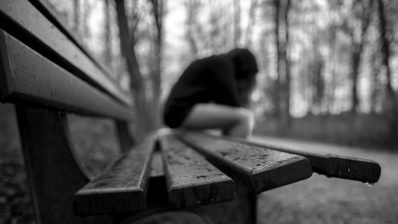Antonio García de Herreros Madueño (Madrid, 1958) is a scientist passionate about basketball — he still plays — who has spent close to 30 years leading the Research Group on Mechanisms of Tumorigenesis and Tumor Progression at the Hospital del Mar Medical Research Institute (IMIM). He tells us about his scientific career.
Have you always known that you wanted to dedicate your life to science?
I did, since the age of 17, when I heard a lecture by researcher and Nobel Prize winner Severo Ochoa! I also remember they asked him in an interview what he would do if he were born again, and he said he would not study medicine, but chemistry.
“I decided to dedicate my life to science when I heard a lecture by researcher and Nobel Prize winner Severo Ochoa, at the age of 17”
Antonio Garcia de Herreros
So you followed his advice…
Yes, I studied chemistry and then did my PhD at the Severo Ochoa Centre for Molecular Biology (CBM) in Madrid. In fact, although it was not my direct supervisor — it was César de Haro — I did my PhD in Severo Ochoa’s group. He was in New Jersey but came to Spain, to the CBM, several times a year. When I finished my thesis he came back to Spain definitively…
… and you went to the United States.
Yes, I did two postdocs in the United States, one at Sloan-Kettering and the other at Harvard. This postdoc era was the best in my scientific life! You already have some autonomy, but you still don’t have the responsibility of having a group that depends on you.
What did you study there?
At that time I was working on diabetes. But when I came back to Barcelona, 28 years ago, I radically changed the subject of study. I established myself at IMIM, where I created my own research group on tumor invasion and epithelial cell dedifferentiation towards fibroblasts.
28 years ago … How has the scientific ecosystem changed in Barcelona?
I am one of the oldest researchers at IMIM and I have witnessed a great change! In 2000 there was an “explosion of research”, with the creation of new centres such as the Centre for Genomic Regulation (CRG) and the IRB and the arrival of many new people. It was very positive since it implies more possibilities for collaborations, learning from others…
What is the best of science?
The best is that you set your own challenges; the moment you gain some knowledge about what you were wondering, it is very rewarding. Especially when you see that what you have found has an impact on the scientific community. For me, things are not relevant when you publish them, but when other scientists accept them.
“For me, things are not relevant when you publish them, but when other scientists accept them“
What would be your advice to someone interested in following a scientific career?
You need two things: really liking what you do and being very tenacious, because there are many times when things will not turn out. When I was doing the postdoc, my supervisor always said “you must be smart enough but, especially, you have to work hard“.
Back to Severo Ochoa… What would you do if you were born again?
I would also do science again… But maybe a little more applied towards bioengineering. There is much to do in this field and there are still not many people working on it.







